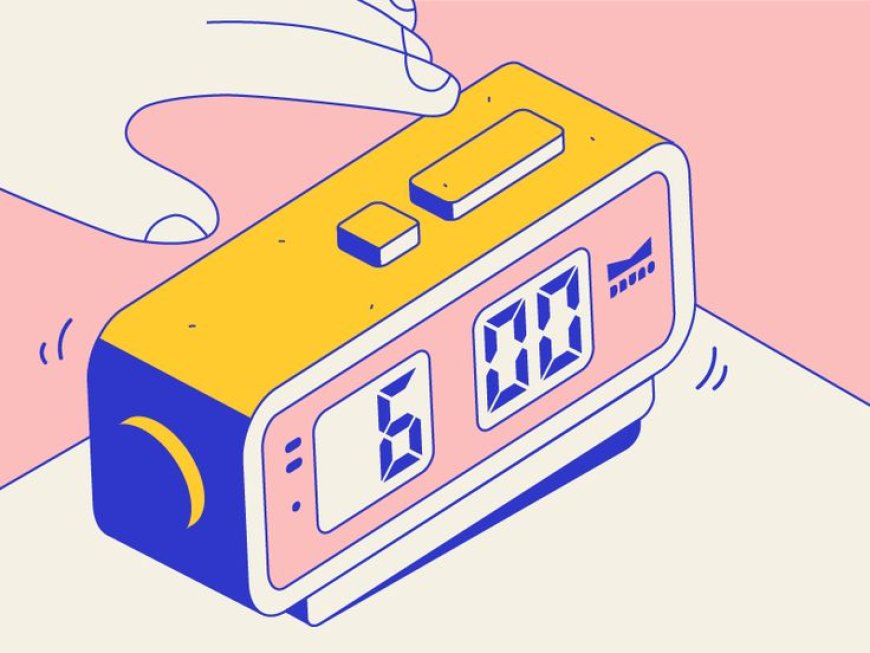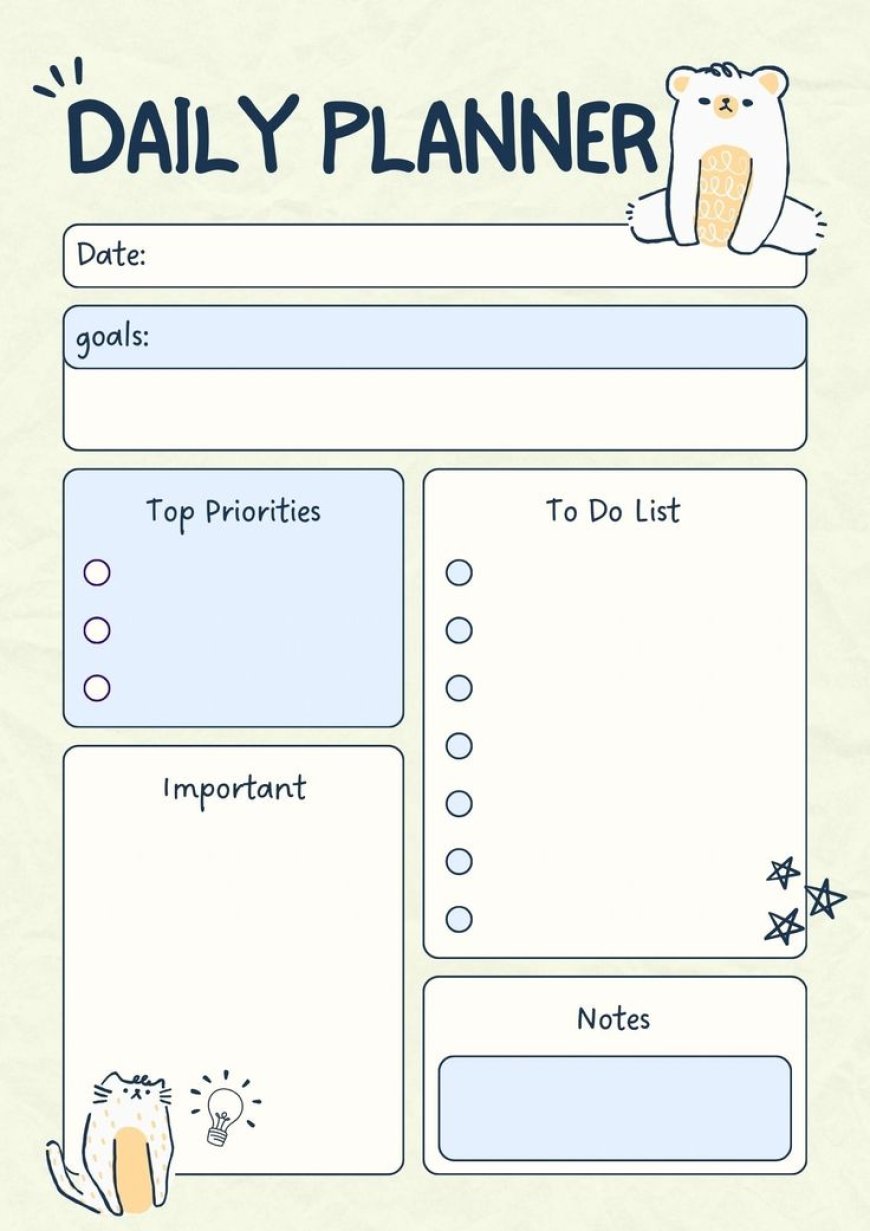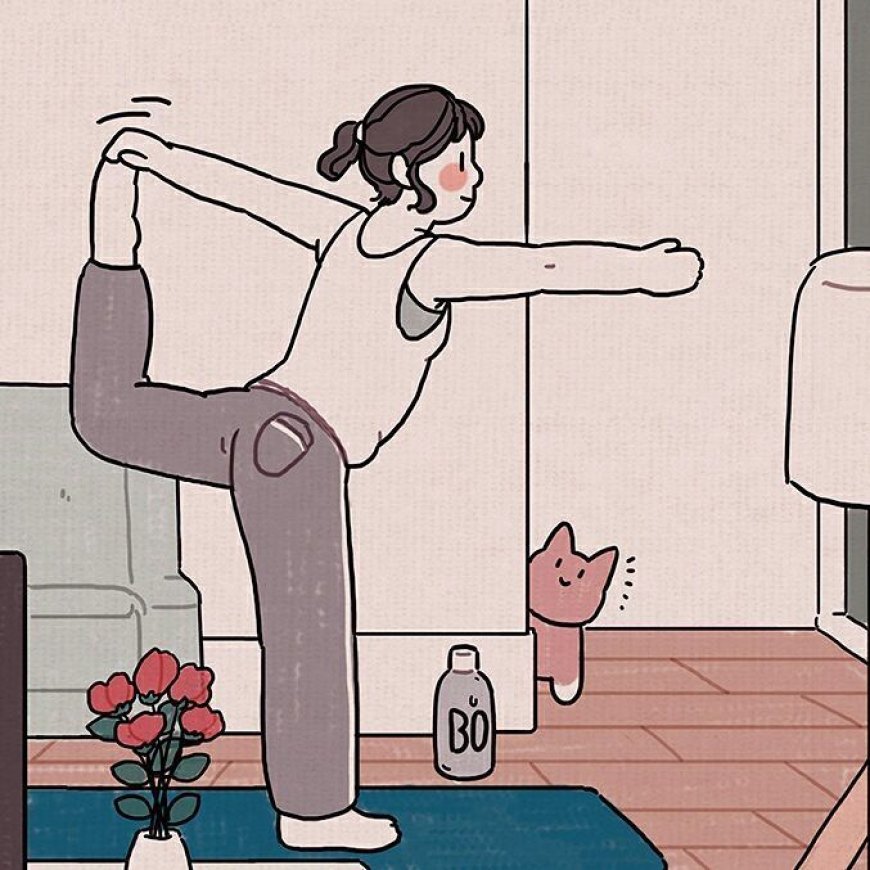11 Tips to Improve Your Concentration
Discover 11 effective tips to improve your concentration and stay focused on projects, make rapid decisions, and study for tests. Learn how to enhance your focus through practice and understanding of these skills.

Concentration abilities are essential for staying focused on projects, making rapid judgments, and studying for tests. Concentration may be increased via practice and comprehension of these abilities.
Various approaches can enhance focus, but each one works differently for each person. Attention span, or the amount of time you can focus on anything, can vary depending on factors such as distractions, age, lack of sleep, and medical issues such as brain damage and advanced age. Research-backed strategies can assist in enhancing focus, but it is critical to examine other factors that may influence concentration and what to do if it does not work.
“Ninety percent of my game is mental. It’s my concentration that has gotten me this far.” – Christ Evert.
Here are eleven strategies for improving your concentration and brain function in daily life.
1: Keep a diary

Keeping a diary allows you to practice keeping track of your ideas. This can help you recall what you were thinking about before and after completing the work at hand.
Even if you don't keep track of your ideas in the traditional sense, scribbling down a few notes on a piece of paper, or better yet, on your phone, might be useful.
2: Improve sleep

Sleep deprivation may easily impair concentration, not to mention other cognitive processes like memory and attention. Occasional sleep deprivation may not be too problematic for you. However, not getting enough quality sleep regularly might hurt your mood and work performance.
Being excessively fatigued might also slow down your reflexes, impairing your ability to drive or do other everyday chores. Over time, lack of sleep can have a significant impact on one's health.
A hectic schedule, health problems, and other circumstances might make it difficult to get adequate sleep. However, it is crucial to attempt to obtain as close to the suggested quantity as possible on most evenings.
Many doctors recommend individuals get 7 to 8 hours of sleep every night.
Here are some strategies to improve your sleep quality:
-
An hour before bedtime, turn off the television and put away all the screens.
-
Keep your room at a comfortable yet chilly temperature.
-
Relax before bed with calm music, a warm bath, or a book.
-
Even on weekends, go to bed and get up at around the same hour every day.
-
Exercise frequently, but avoid a strenuous workout right before bedtime.
3: Have a Routine

Create a routine to help you focus on what you're doing. Whether it's a morning cup of coffee or a midnight cup of tea, setting up a regular time for your concentration is the first step in making it happen.
Keeping a schedule can help you remain on track and ensure that your focus routine is completed properly. When you're stressed, your brain is naturally more focused on what feels urgent, making it difficult to complete tasks.
4: Spending time in Nature

If you want to organically improve your focus, try to spend some time outside every day, even if it is only for a few minutes. You may take a little stroll in a park. Sitting in your garden or backyard is also beneficial. Any natural habitat has benefits.
According to the American Psychological Association (APA), spending time in nature can benefit both physical and mental health. According to a research review from 2022, indoor plants may help:
-
Lower diastolic blood pressure.
-
Increase academic attainment.
-
Improve EEG readings.
-
Improve your focus and response speed.
Consider adding a plant or two to your desk or home for a variety of benefits. If you don't have a green thumb, succulents are excellent low-maintenance plant options.
5: Eat Healthy and Refrain from Eating Before Bed

Food can enhance mood and concentration. It might also make you feel sleepy or lethargic, so avoid eating large meals before bedtime.
A large lunch might cause sleepiness, so consider a light snack instead. You can also use a natural sleep aid, such as ginger. It is abundant in vitamin B, which is believed to promote good sleep.
6: Try out Meditation

Meditation and mindfulness activities have several advantages, including enhanced attention.
A 2023 research of 48 individuals from a larger mindfulness study found that mindfulness may increase brain functional organization efficiency. The authors also propose that mindfulness may promote neuroplasticity, or the ability of the brain's neural networks to develop and change via rearrangement. This may assist in improving attention, focus, and other cognitive functions.
Meditation is more than merely sitting calmly with your eyes closed. Yoga, deep breathing, and a variety of other activities can help you meditate. If you've tried meditation but it didn't work for you, or if you've never meditated before, knowing about the many styles of meditation can help you get started.
7: Plan for your Day the Night Before

The greatest method to ensure that you can focus on what has to be done each day is to organize your day the night before. Consider what duties you have for the day and create a list of what has to be done.
Once you know what needs to start, stop, and continue, it will be much easier to establish a timetable that fits into your routine.
8: Take Pause

Taking a little pause from work or study might help you concentrate.
Consider this scenario: you've been working on the same project for a few hours and your attention begins to wander. Even if it's difficult to focus on the work at hand, you stay at your desk and force yourself to continue. However, your difficulties focusing causes you to be agitated and nervous about not finishing your assignment on time.
You have probably been there before. Take a quick mental break the next time your attention begins to wane. Refresh yourself with a refreshing drink or a healthy food, go for a little stroll, or get some sun. When you return to work, you may feel more focused or driven.
9: Take a walk, Run, or Engage in Physical Activity

Exercising your body helps you concentrate better. This can be anything from a walk outside to sprinting a mile or two or doing yoga. The idea is to choose something that you like and get your blood flowing.
A 2018 research of 116 fifth-graders discovered evidence that daily physical activity might assist enhance focus and attention in only four weeks. According to a 2020 study, persons over 45 who engage in regular physical exercise had less perceived cognitive deterioration than adults who are more sedentary.
Regular physical activity may trusted Source for:
-
Lower blood glucose levels.
-
Lower the risk of dementia and Alzheimer's disease.
-
Prevent heart disease and diabetes.
-
Improve your mood.
10: Control those Distractions

If you have difficulty focusing at work or school, it might be because you are continuously distracted. Some distractions are unavoidable, while others are manageable.
If you find yourself getting caught up on social media during the day, set a timer for 30 minutes and then switch it off. Alternatively, set aside 45 minutes of your day to entirely focus on work and leave your phones behind. The more you practice managing your distractions, the more smoothly your days will go.
11: Play Games and Solve Puzzles to Improve Your Cognitive Abilities

The human brain is composed of around 80% gray matter. Gray matter is the area of the brain responsible for processing information, thinking, learning, and creating new memories. It is also the biggest and most active region of the brain. So, how does exercising your gray matter affect your ability to concentrate?
One research indicated that persons who trained their brains improved their memory abilities by up to 20%. It may appear difficult to focus on one task for a full week, but several activities may help you improve your brainpower, such as playing games or doing crossword puzzles. One of the most successful approaches.
Conclusion
I hope you found the 11 Tips to Improve Concentration helpful and instructive. Keep in mind that focus takes discipline and does not come naturally to everyone; master yourself, and you will dominate the world.
FAQ’s:
Q. What can I do to increase my concentration?
Set a timer for 20 minutes (but no more than 30 minutes) and focus on the work. When the alarm chimes, take a 5-minute rest. You may either go for a walk and stretch, then reset the timer and repeat. This strategy has been demonstrated to be beneficial for improving concentration. Switch duties.
Q. Why do you need attention and concentration?
Mastering attention and concentration affects all aspects of your life, from professional to personal. At Peak Performance, we think that these cognitive talents are critical to reaching your full potential. Stress and worry are major factors that impair attention.
Q. Do you need help concentrating?
If you need help with focus and believe your problems go beyond those listed above, speak with a specialist. Cognitive is one of the possible larger conditions. If you tend to forget things, your attention may suffer.
What's Your Reaction?




































































































